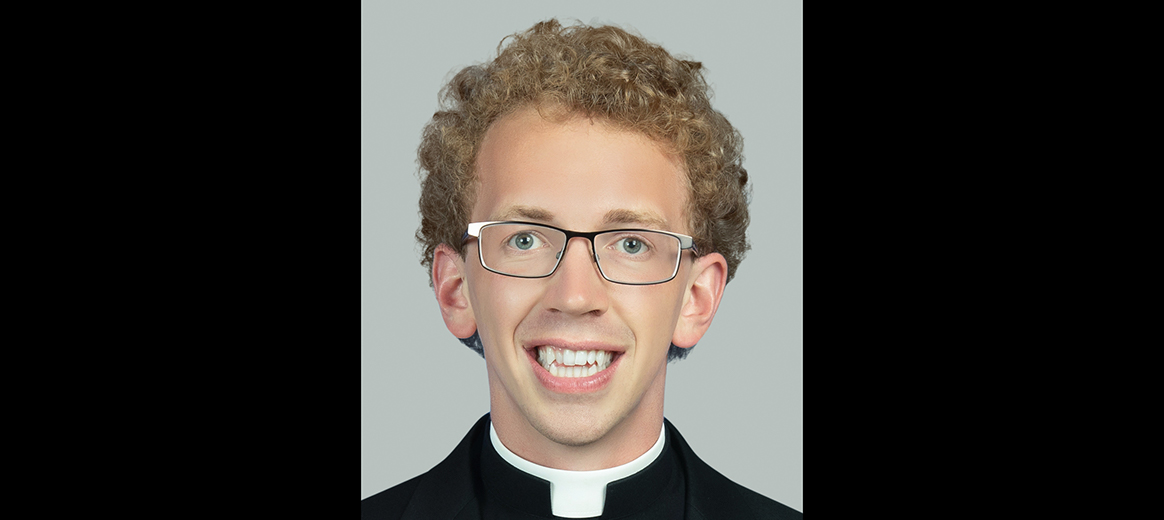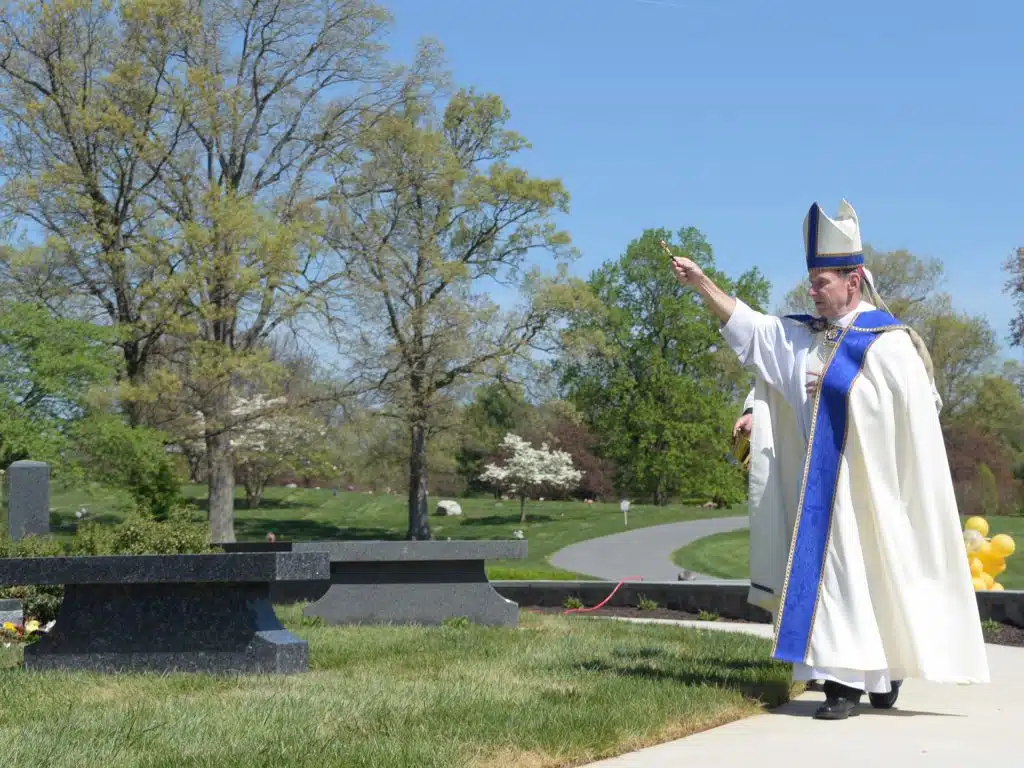As I walked toward the front of the classroom, my heart was racing. While I had given talks many times before, there was something different about this one; it was the first time I was to practice preaching a homily for a particularly intimidating audience: other seminarians. I waited for the professor to give me the cue to begin, took a deep breath, looked out into the crowd of my peers, and began: “The kingdom of God can be compared to the coach of a professional football team.”
At St. Charles Borromeo Seminary in Wynnewood, Pa., the beginning of theological studies brings along with it the first class in homiletics — a class dedicated to learning how to preach. It is one of the classes I enjoy the most, but also find one of the most challenging. As I have begun my studies in theology and begun to practice preaching, I have come to a greater understanding of how integral preaching is to the priesthood.
According to the Second Vatican Council, “The primary duty of priests is the proclamation of the Gospel of God to all” (“Presbyterorum Ordinis” No. 4). In order to fulfill this duty to make Jesus Christ and his Gospel known, however, we must first come to know him. While we only take six formal homiletics classes at St. Charles, the entirety of our priestly formation fundamentally is oriented toward coming to know Jesus Christ so that we may make him known. The proclamation of the Gospel is thus the fruit of our formation, communicated not only by the words we speak, but by the lives we live. Fulton Sheen expresses this beautifully: “Preaching is not the act of giving a sermon; it is the art of making a preacher. The preacher then becomes the sermon.”
I experienced a sort of epiphany when I realized that the seminary’s motto, “Exiit Qui Seminat,” epitomizes this connection between our formation and the proclamation of the Gospel. The phrase translates “the sower went out,” and has a twofold implication. First and foremost, the motto refers to the parable of the sower and the seeds, to being formed throughout seminary to receive the Word from the Sower that it may grow and flourish in our hearts. The second implication refers to the mission of the priest to preach; when the seminarian is ordained, he goes out from the seminary to sow, to be an instrument through which God spreads his Word.
This is the reason why men who are in formation for the priesthood are called seminarians; seminarian comes from the Latin word “seminare,” which means to sow. Throughout all of the prayer, classes, fraternity, ministry, and practice homilies that characterize life in the seminary, our hearts and minds are being cultivated so that one day as ministers of Christ, we will sow the Word throughout the world.
Evans, who is from St. John the Evangelist Church in Warrenton, is in his first year of theology at St. Charles Borromeo Seminary in Wynnewood, Pa.



